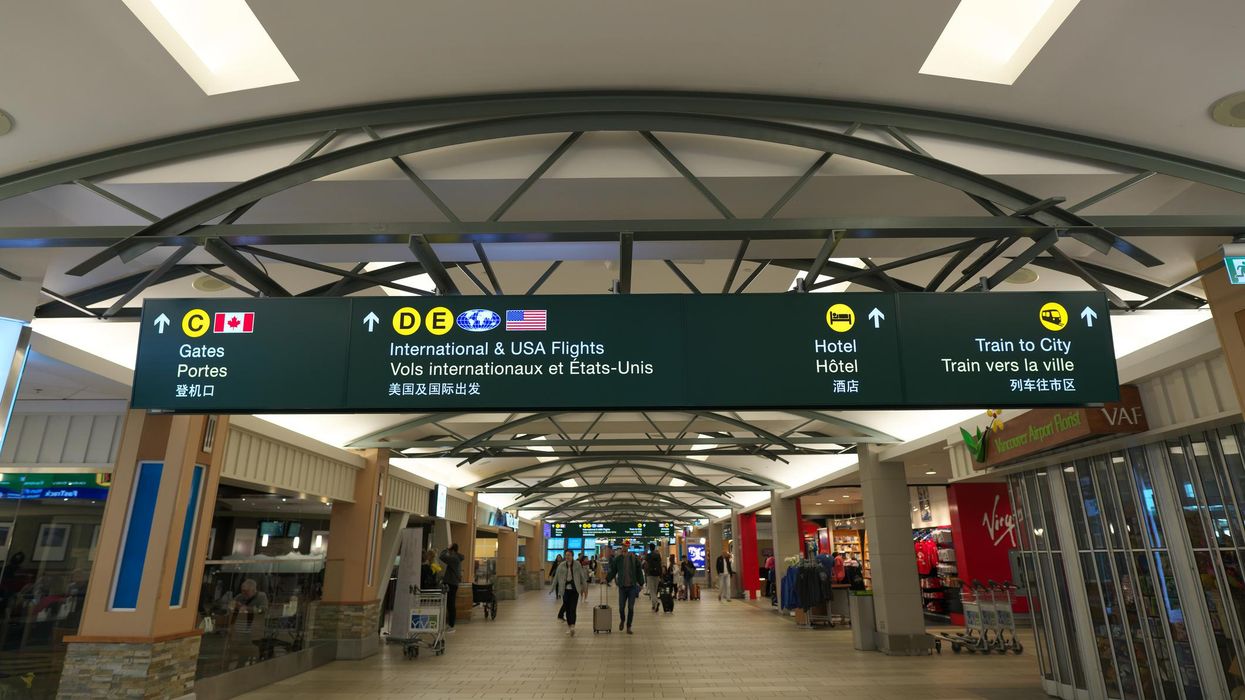Feds Say Fully Vaccinated Travellers Entering Canada Need 'More Than Just A QR Code'
There are lots of things to remember!👇✈️
The federal government is reminding fully vaccinated travellers that they need “more than just a QR code” to enter the country, as per Canada’s travel restrictions.
In a notice shared on November 29, the Public Health Agency of Canada explained that passengers must share their proof of COVID-19 vaccination via ArriveCAN — the official Government of Canada platform.
PHAC says that an individual’s proof of vaccination must include details of any first and second doses received, as a QR code alone will not be enough.
(1/3) Travelling to Canada and fully vaccinated? Your proof of vaccination needs more than just a QR code. It must show any 1st and 2nd dose you received. It must be in English, French or a certified translation into English or French.pic.twitter.com/N8uS5j2O7y— Health Canada and PHAC (@Health Canada and PHAC) 1638205174
It must also show the traveller's name, the name of the organization that administered the vaccine, the brand name of the vaccine and the dates the doses were received.
These details, as well as quarantine and travel information, must be shared via ArriveCAn within 72 hours prior to an individual’s arrival in Canada.
“Remember: you must bring a digital or paper copy of your proof with you,” says the federal agency.
Those who were vaccinated in other countries must use the same process to provide proof of vaccination. It must be in English or French, or a certified translation into English or French.
The reminder comes ahead of November 30, when Canada’s travel rules are set to change in a big way. As of Tuesday, passengers must be fully vaccinated to catch a flight in Canada, or travel on any trains that are federally-operated.
The country’s list of accepted COVID-19 vaccines is getting expanded too, while the number of accepted exemptions to the rules is only getting smaller.
Before you get going, check out our Responsible Travel Guide so you can be informed, be safe, be smart, and most of all, be respectful on your adventure.
